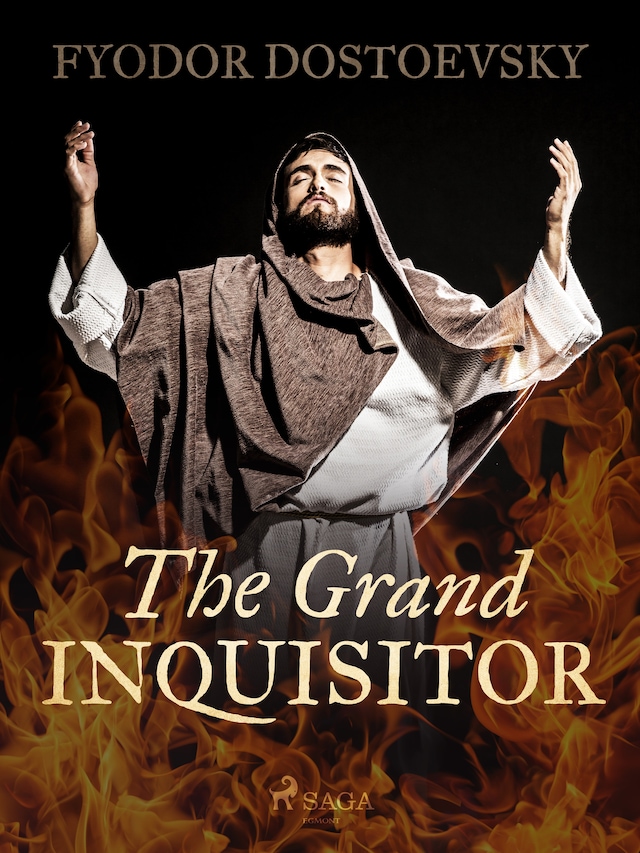
The Grand Inquisitor
Om bogen
‘The Grand Inquisitor’ is a short story that appears in one of Dostoevsky’s most famous works, ‘The Brothers Karamazov’, but it is often read independently due to its standalone story and literary significance. In the tale, Jesus comes to Seville during the Spanish Inquisition and performs miracles but is soon arrested and sentenced to be burned. The Grand Inquisitor informs Jesus that the church no longer needs him as they are stronger under the direction of Satan. ‘The Grand Inquisitor’ is incredibly interesting and compelling for its philosophical discussion about religion and the human condition. The main debate put forth in the poem is whether freedom or security is more important to mankind, as an all-powerful church can provide safety but requires its followers to abandon their free will. This tale remains remarkably influential among philosophers, political thinkers, and novelists from Friedrich Nietzsche and Noam Chomsky to David Foster Wallace and beyond. Dostoevsky’s writing is both inventive and provocative in this timeless story as the reader is free to come to their own conclusions. ‘The Grand Inquisitor’ should be read by anyone interested in philosophy or politics.
Fyodor Dostoevsky (1821-1881) was a famous Russian writer of novels, short stories, and essays. A connoisseur of the troubled human psyche and the relationships between the individuals, Dostoevsky’s oeuvre covers a large area of subjects: politics, religion, social issues, philosophy, and the uncharted realms of the psychological. He is most famous for the novels ‘Crime and Punishment’, ‘The Idiot’, and ‘The Brothers Karamazov’. James Joyce described Dostoevsky as the creator of ‘modern prose’ and his literary legacy is influential to this day as Dostoevsky’s work has been adapted for many movies including ‘The Double’ starring Jesse Eisenberg.


